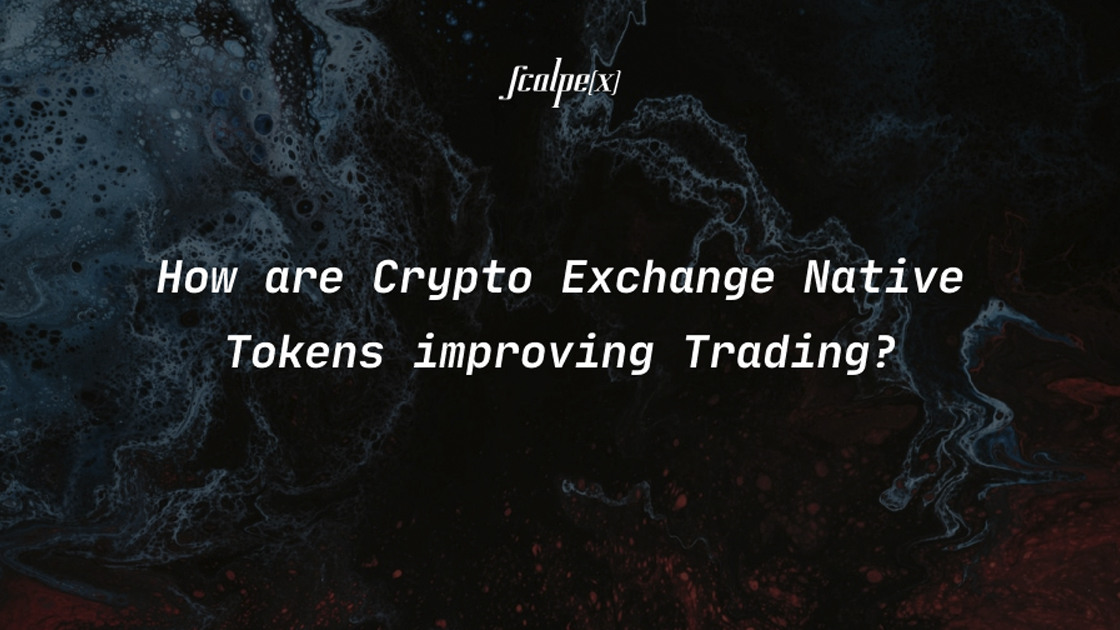There is no secret that the cryptocurrency market is quite the wild west.
In 2017, 78% of the ICOs conducted have been identified as scams.
In May 2018 the Bitcoin Gold blockchain suffered a 51% attack and lost more than $18 million. The attackers targeted several exchanges to extract the money.
In more recent news, in April 2020 49 fake wallet extensions were identified pretending to be well-known crypto wallets inside the Chrome Web Store.
As you can see, the cryptocurrency market is no place to be happy-go-lucky. The price crypto users pay for freedom is risk.
If the price was too big to pay, the crypto market would have disappeared a long time ago. But the rapid growth says otherwise. And that’s because caution is the key.
Once you understand the risks and take precautions, your exposure to the cryptocurrency-related security risks is significantly reduced.
Where is the threat?
An evergrowing phenomenon involving money is inevitably attracting bad actors that would do anything to obtain your hard earned cryptos.
There are numerous ways these bad actors can act to steal cryptocurrencies from honest users.
Trending: Dubai World Trade Center To Become a Crypto Hub and Regulator
One of the most common ways is through scams. Many people see all sorts of ads and announcements from what seems to be celebrities, announcing some sort of limited offer where you send a significant amount of cryptocurrency to receive 3 times – 5 times – 10 times more back.That’s not the only scam you will see in cryptocurrency. You can receive emails or phone calls from people pretending to be a trusted entity asking for access to your funds. You can stumble over what seems to be an ICO or token sale that’s organized by a shady company pretending to be legit.
Or just receiving random emails trying to extort you.
Another common way is through hacking. Your social media account, your computer, your phone, can be hacked. Even a cryptocurrency exchange can be hacked if there are vulnerabilities. In every case, when a hacker gets access, there is a considerable risk of you losing your money, if they get a hold of your public and private keys.
And if they don’t, they can just extort you into giving them your funds.
As for phishing, it is something that can happen anywhere on the internet. Some of these troublemakers go forward imitating a prestigious platform you use daily like a news portal, a social media platform, an extension, even an exchange.
The moment you gave your credentials, they have access to your account and can do whatever they wish.
Applications can also be used for phishing attacks. Some will just collect information about your phone and your credentials, and others can even go to the extent of stealing contacts and record your activity.
Trending: UK Allows Using Blockchain for Suing Someone
Also, phishing can go hand in hand with hacking and scamming.
It’s not that uncommon to have a software installed in your device that gives access to a hacker to steal your data.
In this regard, dusting attacks are something you should look out for. Some hackers exploit the fact that some cryptocurrency users won’t double-check their transactions and send out small amounts of cryptocurrency. They can be sent as small regular transactions or as ‘airdrops.’ Once the dust entered your wallet, you are a target. The hacker will watch your transactions and try to find your identity. And if he will find an opening, he will attempt some good ol’ hacking and blackmailing.
What’s to be done?
The short answer is to be extra cautious.
The long answer implies to take really good care of your internet behavior and watch out how you store your data. Saving private keys and cryptocurrency account passwords on a browser or application is a really bad idea. Although it’s inconvenient, it’s safer to have them written on a paper and write them in every time.
Most importantly, watch out where you log in. Always check the URL of the website you intend to go on. And never use exchange platforms that have lax security.
A cryptocurrency exchange must put work into security as well. For example, Scalpex cryptocurrency exchange didn’t take it lightly and implemented industry-leading security, incorporating offline multi-signature cold wallet and manual withdrawal processing for maximum fund security.
Trending: Bitcoin miner found a forgotten multi-million fortune
Another good practice is to watch out what application you use and verify the publisher, even when you’re using trusted sources such as Google Play, Chrome Web Store, Apple’s App Store. Triple check every action you take as a cryptocurrency user. As mentioned above, bad actors take advantage of people not paying attention. Check if there are transactions that you don’t recognize, check the sources, check the "opportunities," and most importantly, do the research. Because at the end of the day, it’s always better to be secure than sorry.






